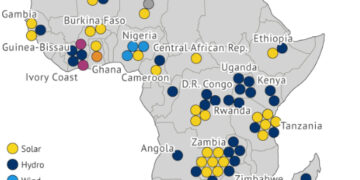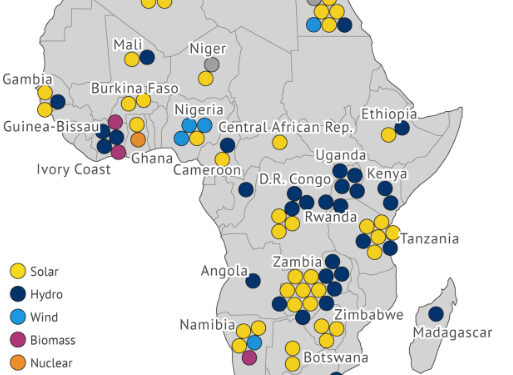Correspondent
Don’t let the propaganda fool you: China sits at the heart of global trade dynamics.
While the United States volubly pursues its policy of “decoupling” from China, and bellicosely orders the rest of the world to do so, trade and other economic relations between the East Asian giant and other countries is on the rise.
Consider this: the European Union, which is quick to lament “Chinese colonisation” of Africa, counts China as its second largest trading partner for goods. Bilateral trade reached US$818.4 billion.
Further, China is the EU’s third-largest partner for exports and the biggest for imports.
On the other hand, the trade value between Africa and China was US$262 billion in 2023.
So who is fooling who?
Despite the pressure from the West and their local surrogates, and to the credit of Africa, the continent is forging ahead in enhancing ties with China.
This past September, the 9th Forum on China-Africa Cooperation (FOCAC) was held in Beijing under the theme “Joining Hands to Advance Modernisation and Build a High-Level China-Africa Community with a Shared Future”.
Held every three years, the FOCAC was established in 2000 to build ever stronger ties between the two.
At this year’s Summit, China made a US$50 billion pledge in financial support for Africa over the next 3 years.
In contrast, the EU in February announced a US$5.3 billion cut in assistance to Africa, and approved US$55 billion in support for the war in Ukraine.
Faced with such statistics, to we need the West to tell us who our friends are or should be?
What is more, China’s Foreign Ministry has announced a deliberate thrust to promote non-resource imports from Africa and move “towards balanced trade relations”, which offers an opportunity to boost economic activity within the context of the African Continental Free Trade Area (AfCFTA).
The sheer scale of what China is offering, and the direction it is steering its own economy, makes it a no-brainer for Africa to pivot East.
Let’s recall some of the remarks made by Beijing’s chief diplomat in Zimbabwe, Ambassador Zhou Ding at recent celebrations to mark the 75th Anniversary of the founding of the People’s Republic of China in Harare.
“With 5,2 percent gross domestic product growth, China remains the world’s second-largest economy and the largest trading country in goods, standing as a stabiliser and source of strength despite the rising instability and uncertainty in the global economy.”
In addition, China is pursuing innovation-driven development that is ideal for its African partners; the country is becoming a world-leader in clean energy solutions for sustainable development; it “ranks first in terms of e-commerce and mobile payment transactions”; and it “ranks first among the upper middle-income economy and remains the only middle-income economy in the GII top 30”.
For countries like Zimbabwe, improving ties with China should be a given.
The “Open for Business” thrust being pursued by President Emmerson Mnangagwa’s Government is already taking full advantage of the similarly open-door policies at the heart of FOCAC.
President Mnangagwa, who attended FOCAC in September and combined that with a State Visit that saw him hold bilateral talks with President Xi Jinping, has been clear on the need to continue improving relations between Zimbabwe and China.
In an interview with the China Media Group during his State Visit, President Mnangagwa extolled how China had lifted 800 million people out of poverty in a relatively short space of time.
More importantly, he noted that the Chinese experience demonstrated to all sundry that poverty eradication and sustainable development were realistic and achievable targets.
“We marvel. But then it also means it is possible to achieve the quality of life of our people if we focus on looking at domestic resources to build our countries and take the responsibility ourselves to build our own country with our own vision…
“Here and there, perhaps people may want to emulate what is happening elsewhere, but, at the end of the day, like here, they say we want to build China with Chinese characteristics, which means it shall remain China with its culture and characteristics.”
He added: “We need to make sure, as we leapfrog our transformation and modernisation, we do it thoroughly and perfectly … learning from those who have passed the test.”
And learning from a China that is willing to be a friend in deed is the sensible thing to do.
- Latest
- Trending

























